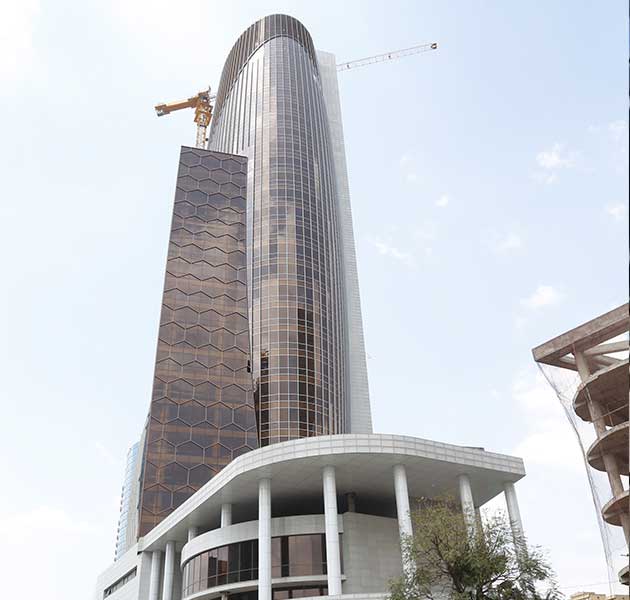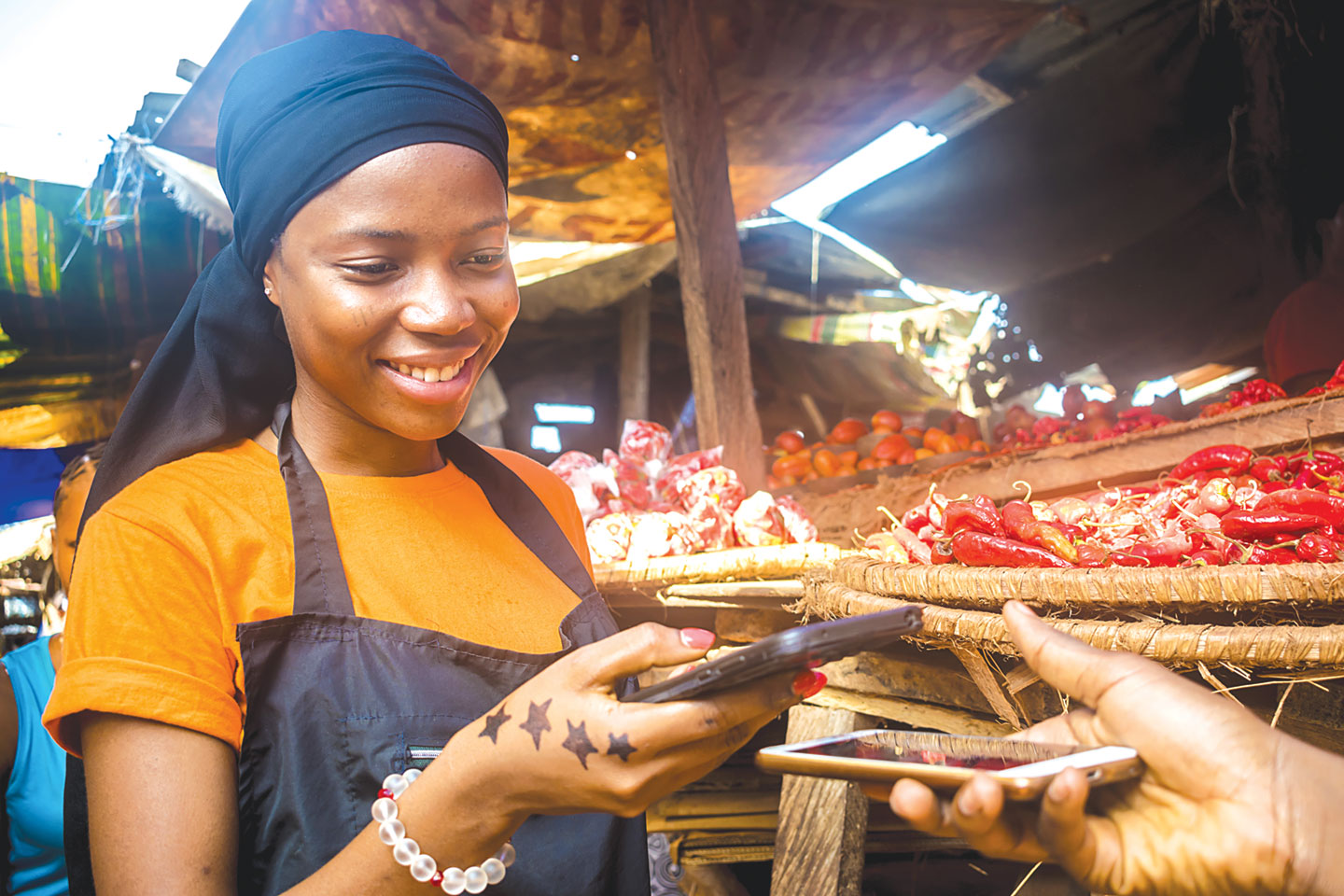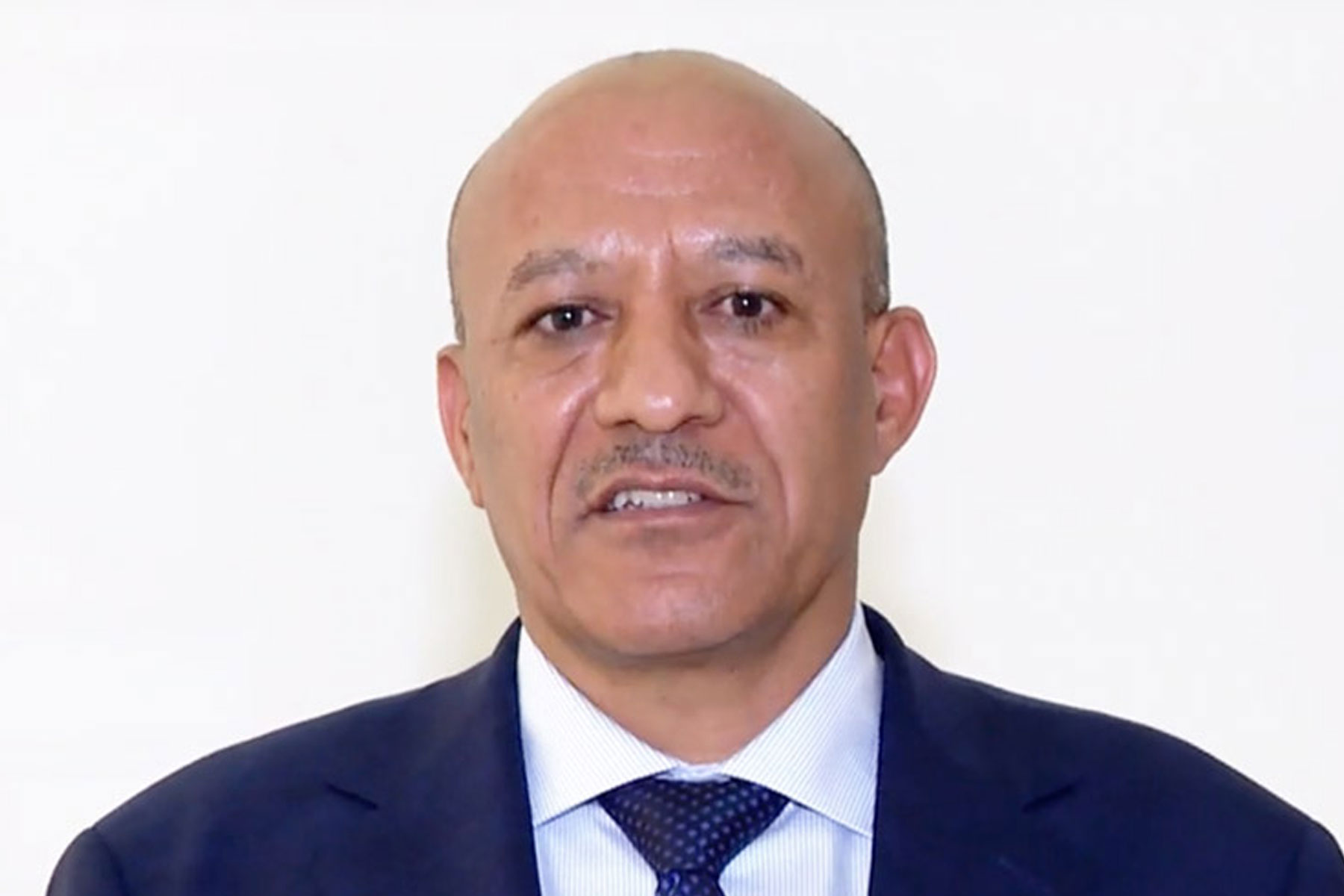
Viewpoints | Jul 13,2020
Oct 15 , 2022
By Sundar Pichai
A few years ago, I was in Lagos to see Alphabet’s digital skills programs at work. There was excitement in the air, for the future of technology and all the jobs and opportunities it could bring to Africa. I met a deeply inspiring group of people, from job seekers learning new skills to entrepreneurs with promising new Apps and businesses.
These people were on my mind again when I addressed regional leaders at the African Union’s annual business forum. Although the continent is facing significant challenges in the ongoing pandemic and economic crisis, it also has plenty of reasons to be optimistic through its engineers, developers, and entrepreneurs.
Africa is becoming a place where innovation begins. There were more investment rounds for African tech start-ups last year. People everywhere use mobile payment systems developed in Kenya. Renewable energy solutions created in the continent are shaping a more sustainable future for us all, and thanks to the internet, African businesses can reach global markets while providing solutions to its, and the world’s, most pressing challenges.
I find this meaningful on a personal level. Growing up in India, from the television that gave us a view of other parts of the world to the rotary phone that allowed us to get faster test results, we had to wait for technology to come to us. Today, India is exporting technologies to the world.
Africa has the same opportunity. Despite having 18pc of the global population, the continent currently accounts for 0.4pc of high-tech exports and only two percent of the world’s broader service exports, which are now heavily reliant on technology. Boosting these exports will accelerate growth in the continent, as it has in India.
Africa is on the cusp of a digital transformation. Over the next five years, 300 million more young, entrepreneurial, and tech-savvy Africans are expected to join the digital world. The continent's internet economy has the potential to grow to 180 billion dollars, roughly 5.2pc of the continent’s GDP, by 2025.
First priority must be to help expand affordable and reliable internet access throughout the continent. During the pandemic, we have seen that digital connectivity is a lifeline, assisting people in finding essential information and connecting to critical services. The Equiano subsea cable will bring faster and better quality internet to more people, helping to bring down costs by more than 20pc. Working with partners like Econet Wireless, the Taara team is deploying wireless optical communication links that use light to transmit information at super-high speeds through the air, improving both affordability and connectivity. We are also involved in lowering the barriers to smartphone adaption by working with Safaricom in Kenya, to introduce that country’s first device financing plans.
The second priority should be to help African businesses of all sizes with their digital transformations. Closing that gap means enabling businesses to move online, training more people to pursue careers that depend on technology, and ensuring that companies take advantage of cloud computing.
Companies should invest in products and solutions that fit the continent while governments adjust the regulatory environment and their development strategies to be digital-first. Small businesses need to be at the centre of digitization and training efforts, employing around two-thirds of the continent’s formal workforce.
Next is investing in African entrepreneurs. Where entrepreneurship flourishes, innovation and investment follow. We will invest directly in African start-ups through a dedicated 50 million dollars Africa Investment Fund and our global Black Founders Fund. We have already invested in SafeBoda, an app that connects passengers to a community of safe, trusted drivers, and hope that other companies join to provide additional funding for start-ups across the continent.
The final step is supporting nonprofits and institutions working to unlock the benefits of technology. The AirQo team at Makerere University in Uganda uses artificial intelligence and sensors to monitor air quality. We are providing them with three million dollars to take their work beyond Kampala, as part of a broader 40 million dollar commitment to help NGOs respond to challenges in their communities.
Looking ahead, meaningful partnerships will ensure that Africa’s digital progress is sustainable. We hope that more companies join us in these efforts, ensuring that everyone on the continent takes advantage of the opportunity technology creates.
PUBLISHED ON
Oct 15,2022 [ VOL
23 , NO
1172]


Viewpoints | Jul 13,2020

Commentaries | Oct 26,2024

Viewpoints | Feb 12,2022

Fortune News | Oct 24,2020

Radar | Jul 21,2024

Sponsored Contents | Jan 17,2022

Radar | Apr 15,2024

Radar | Oct 27,2024

Radar | Mar 26,2022

My Opinion | Mar 06,2021

My Opinion | 131548 Views | Aug 14,2021

My Opinion | 127903 Views | Aug 21,2021

My Opinion | 125879 Views | Sep 10,2021

My Opinion | 123510 Views | Aug 07,2021

Dec 22 , 2024 . By TIZITA SHEWAFERAW
Charged with transforming colossal state-owned enterprises into modern and competitiv...

Aug 18 , 2024 . By AKSAH ITALO
Although predictable Yonas Zerihun's job in the ride-hailing service is not immune to...

Jul 28 , 2024 . By TIZITA SHEWAFERAW
Unhabitual, perhaps too many, Samuel Gebreyohannes, 38, used to occasionally enjoy a couple of beers at breakfast. However, he recently swit...

Jul 13 , 2024 . By AKSAH ITALO
Investors who rely on tractors, trucks, and field vehicles for commuting, transporting commodities, and f...

Jun 28 , 2025
Meseret Damtie, the assertive auditor general, has never been shy about naming names...

Jun 21 , 2025
A well-worn adage says, “Budget is not destiny, but it is direction.” Examining t...

Jun 14 , 2025
Yet again, the Horn of Africa is bracing for trouble. A region already frayed by wars...

Jun 7 , 2025
Few promises shine brighter in Addis Abeba than the pledge of a roof for every family...

Jun 29 , 2025
Addis Abeba's first rains have coincided with a sweeping rise in private school tuition, prompting the city's education...

Jun 29 , 2025 . By BEZAWIT HULUAGER
Central Bank Governor Mamo Mihretu claimed a bold reconfiguration of monetary policy...

Jun 29 , 2025 . By BEZAWIT HULUAGER
The federal government is betting on a sweeping overhaul of the driver licensing regi...

Jun 29 , 2025 . By NAHOM AYELE
Gadaa Bank has listed 1.2 million shares on the Ethiopian Securities Exchange (ESX),...